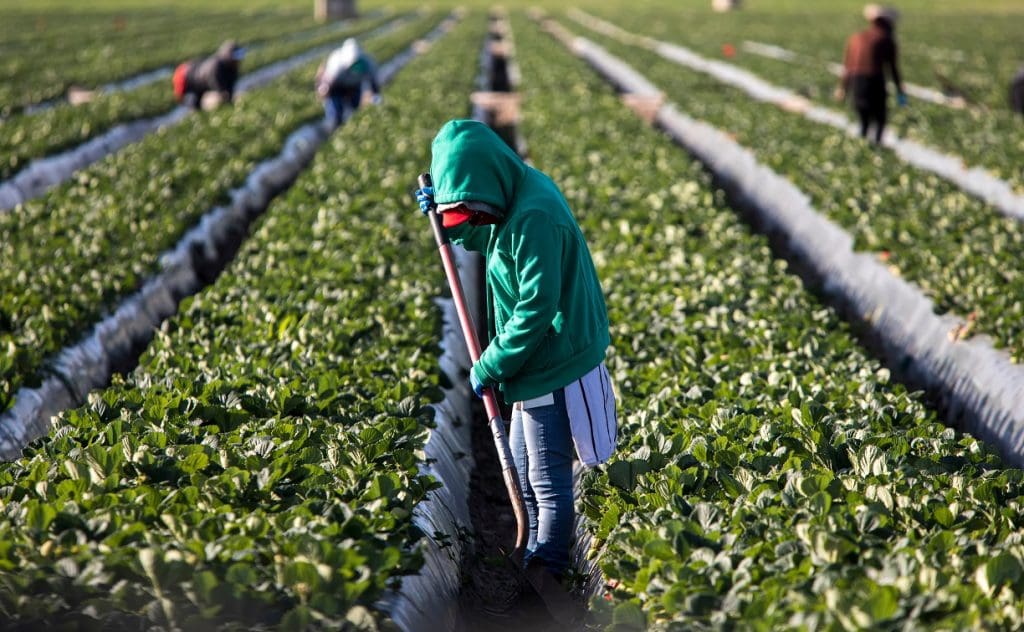Quick Bytes
- New DOL rule enhances protections for H-2A visa agricultural workers.
- H-2A program growth prompts increased oversight to prevent worker exploitation.
- Rule changes include transparency in hiring, criteria for termination, and document retention.
- Industry impact includes balancing worker rights with agricultural employer needs.
Summary
The Department of Labor (DOL) has introduced a new rule to safeguard temporary agricultural workers in the U.S. under the H-2A visa program. This rule, effective from June 28, addresses the significant growth of the H-2A program and aims to curb the exploitation of migrant workers, as highlighted by recent investigations and reports.
Key aspects of the rule include the provision for collective action by workers, stringent criteria for job termination, and mandatory disclosure of job conditions prior to employment. The rule prohibits employers from withholding workers’ passports or other immigration documents, a practice often linked to labor trafficking.
To enhance transparency, employers must now disclose recruitment agents and provide contact information for supervisors, as well as any previous business names. The rule also empowers the DOL to deny certifications to entities attempting to circumvent debarment through business restructuring.
The agricultural sector, with a majority of foreign-born workers, faces challenges in balancing the need for labor with the protection of U.S. workers. While the H-2A program’s bureaucracy can be a hurdle for smaller farms, it is designed to protect domestic labor and address temporary shortages, not to serve as a permanent solution to labor needs.
As the Biden administration works to strike a balance between worker protections and employer requirements, the new H-2A rule represents a step towards more ethical labor practices in agriculture.



